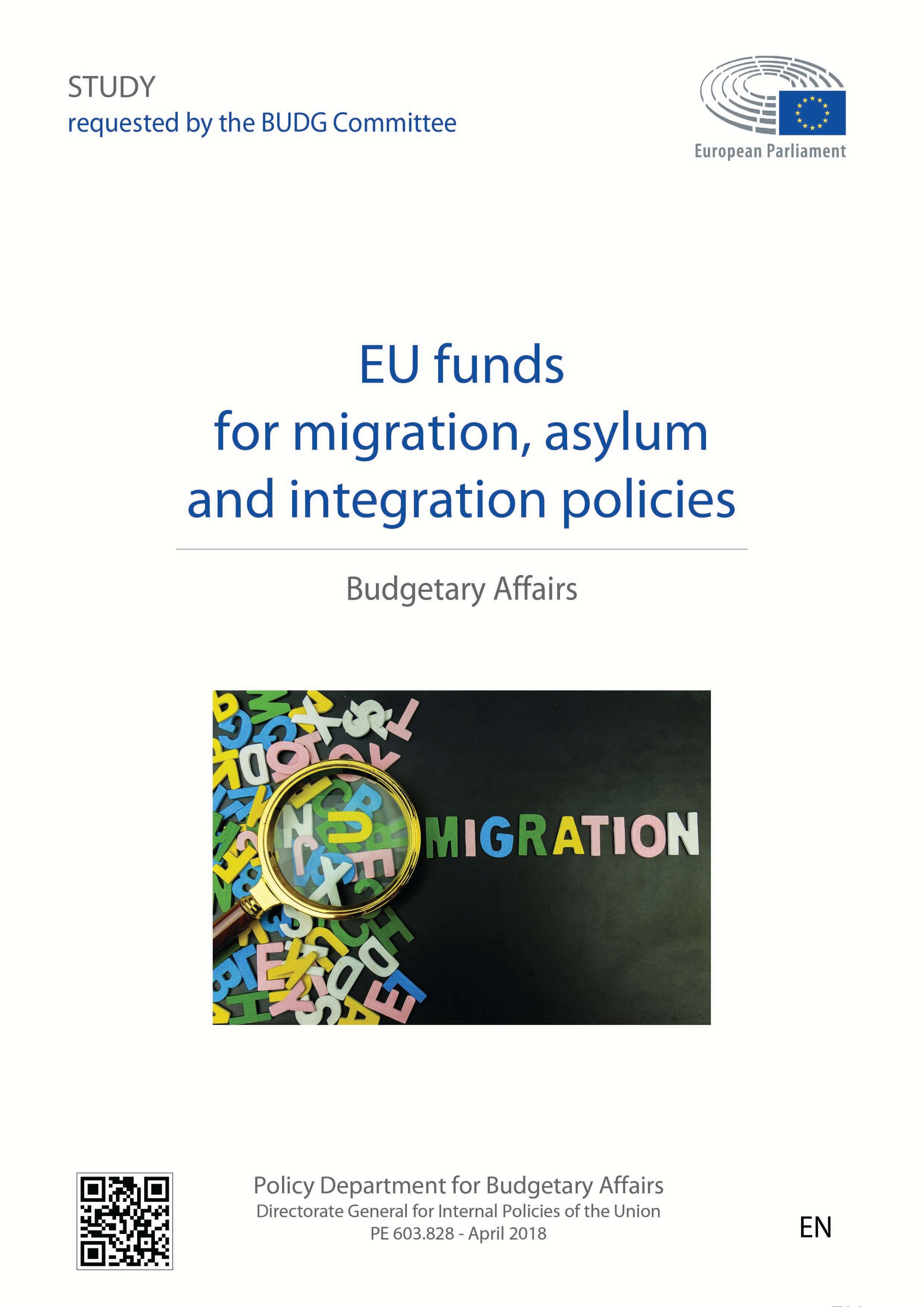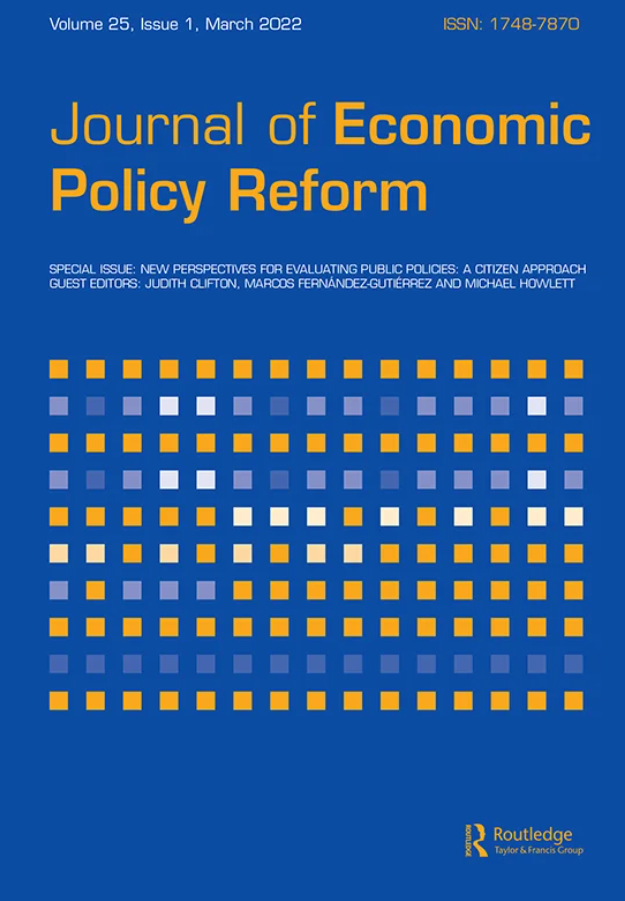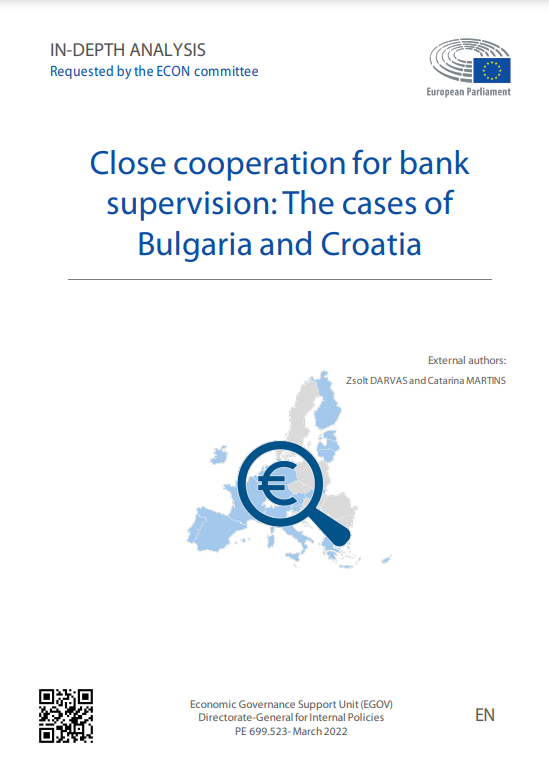External Publication
EU funds for migration, asylum and integration policies
This study provides an overview, analysis and evaluation of how EU funds for migration, asylum and integration policies have been used. Using publicly available information, insights from interviews with various stakeholders and a survey of non-governmental organisations (NGOs), the authors evaluate the allocation, implementation and oversight of EU funds.
This study was requested by the European Parliament’s Committee on Budgets. The study was presented by Dr Zsolt Darvas and Dr Guntram Wolff at a joint hearing of the Committees on Budget (BUDG), Budgetary Control (CONT) and Civil Liberties, Justice and Home Affairs (LIBE) of the European Parliament on 16 May 2018 (more information here). © European Union, 2018
The European Union significantly increased its funding for migration, asylum and integration policies in the wake of the increased inflow of asylum seekers in 2015. This study provides an overview, an analysis and an evaluation of the use of these funds, based on publicly available information, insights from interviews with various stakeholders and a survey of non-governmental organisations.
The paper also offers recommendations on how to improve the use of funds and allocation keys to Member States. The authors argue for an increase in funding in support of member states as well as for EU agencies such as Frontex and EASO and for a more strategic coordination of various migration related initiatives.













